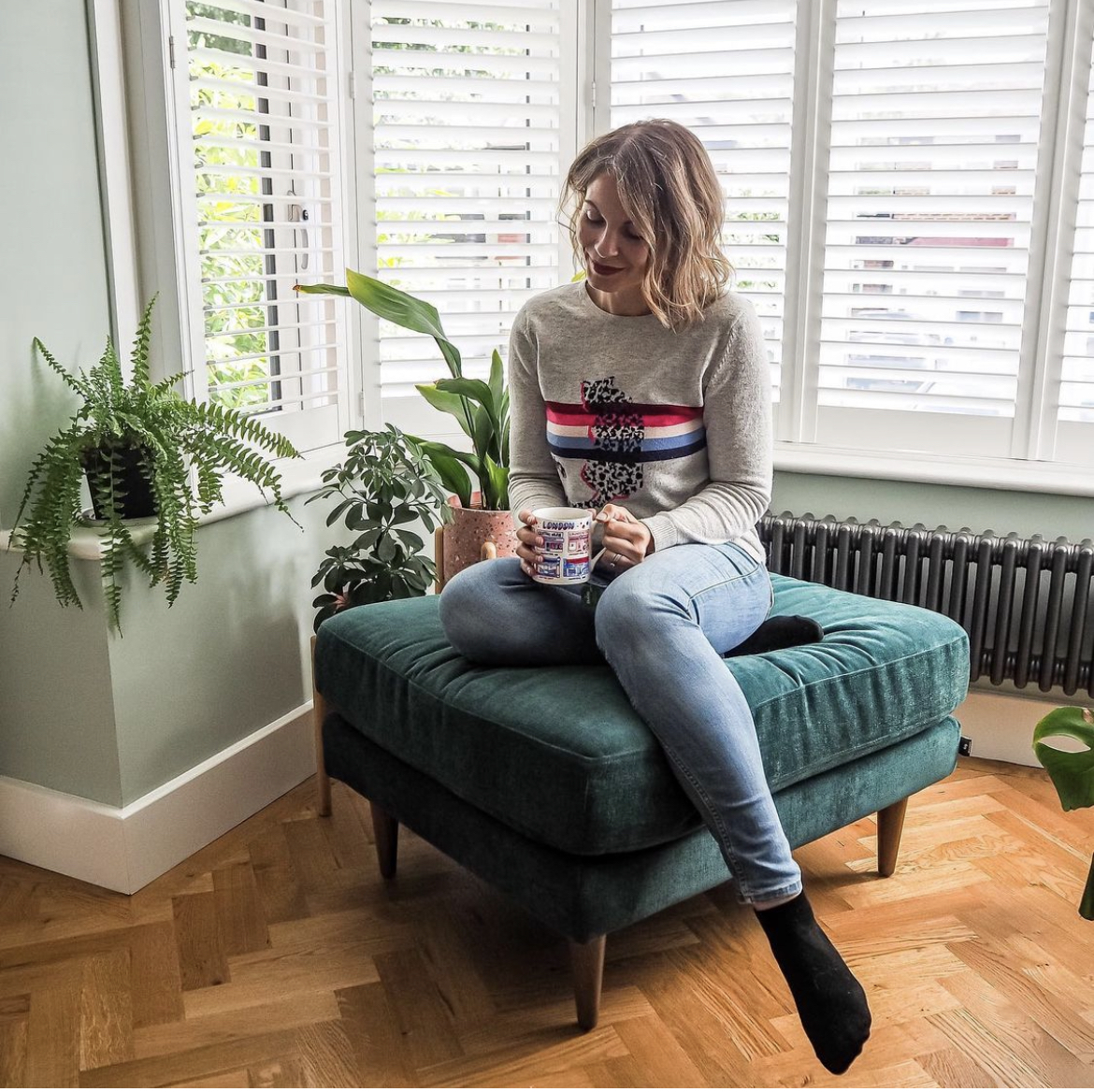
Its been over 3 years now since I was diagnosed with my chronic illness (auto-immune disease Ulcerative Colitis and severe iron deficiency anaemia) and my goodness, life has been a bit of a whirlwind since then. Adjusting to being self-employed with no sick pay, a global pandemic, then returning to full-time employment and wondering if I’ll even have the energy.
Dealing with all of this has been hard enough for me, but it can also have a huge impact on long-term relationships. The amount of adjusting that partners, whether married or not, have to make in so many ways is no small feat and it can definitely be challenging to find a path forward together.
Thankfully we’ve just celebrated our 15th wedding anniversary so have found a way through the choppy waters but if you are married and the change in circumstances has a negative impact on that union, then family law solicitors in Winchester and other areas will be able to advise if the worst comes to the worst.
Hopefully though it won’t come to that and here are some thoughts based on my experience on living with illness over the last 3 years and many others I’ve spoken to with varying degrees of illness themselves.
What is a Chronic Illness?
This is a term which is often used to describe a serious or terminal illness which affects both the sufferer’s health and their quality of life. Some illnesses such as cancer can be more visible and physical in nature and we are familiar with them. Other types of chronic illness are often referred to as invisible illness or hidden disability because unless the person tells you, you may never know they are outwardly ill.
Regardless of the type of condition, it will have an enormous impact on the every day life of both the person who is poorly and those around them.
How Can a Chronis Illness Affect a Relationship?
Potential Impact on Finances
When one partner has or develops a chronic illness, this can often mean that they are no longer able to work, either full time or part time. For a partnership which has previously enjoyed two incomes, this can put a huge amount of pressure on the sole wage earner and, therefore, the relationship. I was actually self-employed when I was diagnosed having left my full-time job just a few months earlier (not knowing what was around the corner) but had I still been in full-time employment I would have required long-term sick leave for the first few months.
Some illnesses can require additional expenses in order to manage themFor example, the purchase of equipment or spending money on the home to make it more accessible.
While incapacity benefit is available to those who are unable to work due to illness, the process can be quite lengthy and, with weekly payments ranging between £39.95 and £67.60, these benefits don’t go far toward replacing a salary.
Similarly, if the working spouse has to give up his or her job in order to care for their husband and wife, they may be eligible to receive carers allowance. While this may help, a typical carer’s allowance works out to just £66.70 a week – which can lead to a lot of finance related stress when a couple is used to a much larger income especially in the current cost of living crisis.
Higher Workload for One Partner
Within any household, there are a number of tasks which need to be completed, including housework and childcare. When one partner is incapacitated by chronic illness, the other partner will often find themselves overloaded as they attempt to juggle these tasks while also taking care of their sick partner at times.
This can often lead to exhaustion and resentment which can put a huge strain on any relationship especially if that partner is also trying to hold in a job in amongst juggling everything else.
There can also be a knock-on effect on the physical side of a relationship. Chronic illness can often lead to the affected person being exhausted a lot of the time whether or not their illness is particularly severe at that point and therefore a drop in libido.
Whether it’s for physical reasons or simply that the partner doesn’t feel like it due to being unwell (and let’s face it the “well” partner shouldering the burden can also be affected this way too), this can cause an intimate gap in a relationship.

Changes to Future Goals and Plans
When a couple decides to marry or invest in a long term relationship together they usually do so with a number of shared plans and goals for their lives together. Unfortunately, these plans may need to be revisited once someone is diagnosed with a chronic illness.
For example, future home plans may have to be downsized as may travel goals. While this is of course nobody’s fault, it can be frustrating for both partners but especially the healthy partner who may be faced with swapping goals and aspirations for long-term caring.
Change in Dynamics
As someone who is very independent and preferring to stand on my own two feet, I definitely struggled in the beginning with not having that same level of independence and experiencing a shift in dynamics. I think most relationships would want to be seen as equals these days – both parties working or providing financial input, both helping to raise children and both sharing the household duties. When one partner develops a chronic illness, that dynamic will almost inevitably change to that of carer and patient.
Struggle in Meeting Each Other’s Expectations
We’re very fortunate to have navigated some of the biggest challenges which first appeared following my diagnosis but there’s no denying those first few months were hard. It’s not unusual for both sides in a relationship to struggle and the results of that are surprising.
Figures show that, when a woman suffers from a chronic illness, she will often be dissatisfied with the level of care provided by her partner, and will file for divorce in order to rely, instead, on friends and family.
Communicate About How Your Relationship Is Changing
The most important part of any relationship is communication and honesty and this is true even more so when factoring in life with a chronic illness. As the roles within a marriage or long-term relationship change, and at least in the short-term sex and romance take a back seat, keeping that partnership going can be incredibly hard work, but not impossible.
Depending on the nature of the illness and financial resource, where possible hiring the services of a professional carer, even for just a few hours a week, can help to preserve the partner dynamic. Similarly, spending time with friends can add a level of normality to the relationship and take the couple out of the carer / patient dynamic.
Sadly, in some cases, chronic illness is terminal and the surviving spouse can often experience a lot of feelings of guilt. When this happens, it’s so important to talk and seeking help from a professional counsellor may help you work through these feelings.
I feel very much now that chronic illness is a big part of who I am and in many ways its made me a better, stronger person. Here’s hoping we have many more wedding anniversaries ahead of us!
Post in collaboration.